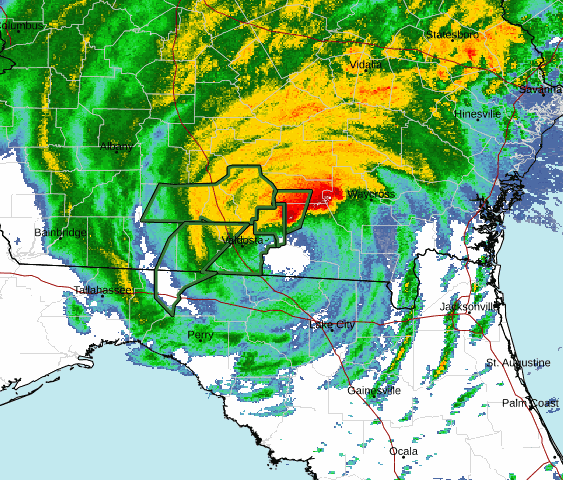Following Hurricanes Milton and Helene, many Americans are reaching out in various ways to assist. Unfortunately, there are some unsavory folks and organizations out there, so be careful when giving to charity drives. The Internal Revenue Service is also warning taxpayers of scammers who use fake charities to gather sensitive personal and financial data from unsuspecting donors.
Scammers commonly set up fake charities to take advantage of peoples’ generosity during natural disasters and other tragic events.
“Many people want to help survivors and their families by donating to charities,” said IRS Commissioner Danny Werfel. “Too often, criminals take advantage of would-be donors’ kindness by stealing money and personal information from well-meaning taxpayers. You should never feel pressured by solicitors to immediately give to a charity. It’s important to do the research to verify if they’re authentic first.”
Tax Exempt Organization Search (TEOS) tool
Those interested in making donations should first check the Tax Exempt Organization Search (TEOS) tool on IRS.gov to help find or verify qualified, legitimate charities. With this tool, people can:
- Verify the legitimacy of a charity,
- Check its eligibility to receive tax-deductible charitable contributions, and
- Search for information about an organization’s tax exempt status and filings.
Tips to avoid fake charities
- Always verify. Scammers frequently use names that sound like well-known charities to confuse people. Fake charity promoters may use emails, fake websites, or alter or “spoof” their caller ID to make it look like a real charity is calling to solicit donations. Potential donors should ask the fundraiser for the charity’s name, website and mailing address so they can independently confirm the information. Use the TEOS tool to verify if an organization is a legitimate tax exempt charity.
- Be cautious about how a donation is requested. Never work with charities that ask for donations by giving numbers from a gift card or by wiring money. That’s a scam. It’s safest to pay by credit card or check — and only after verifying the charity is real.
- Don’t share too much information. Scammers are on the lookout for both money and personal information. Never disclose Social Security numbers, credit card numbers or personal identification numbers.
- Don’t give in to pressure. Scammers often pressure people into making an immediate payment. In contrast, legitimate charities are happy to get a donation at any time. Donors should not feel rushed.
The IRS also encourages individuals encountering a fake or suspicious charity to see the FBI’s resources on Charity and Disaster Fraud.
Claim a deduction
Taxpayers who give money or goods to a charity can claim a deduction if they itemize deductions, but these donations only count if they go to a qualified tax exempt organization recognized by the IRS.
Thanks for reading CPA Practice Advisor!
Subscribe Already registered? Log In
Need more information? Read the FAQs




